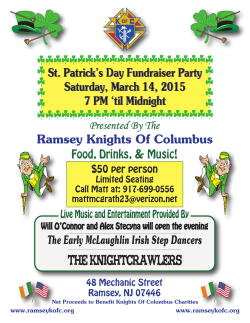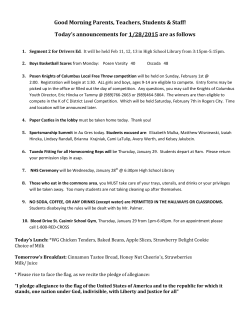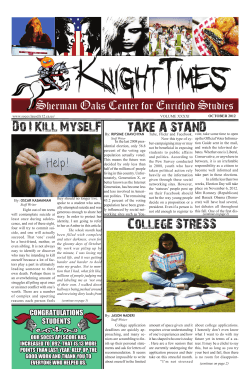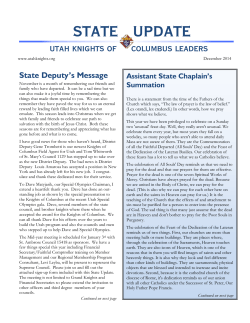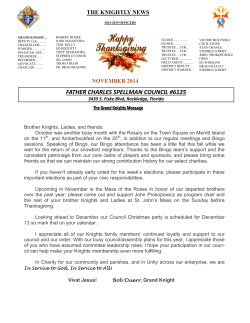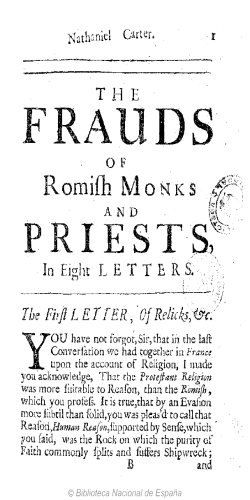
Chapter 17 Study Guide â The Early Middle Ages 1. What
Chapter 17 Study Guide – The Early Middle Ages 1. What geographic features covers southern Europe and which covers northern Europe? Southern – mountains Northern – flat plains 2. What did northern Europeans do for a living? Because they lived on rich, fertile plains they farmed. 3. How did peninsulas affect how people lived? They became seafarers and traders. 4. How did the geography of northern Europe affect Christianity? The flat land made it easier for missionaries to travel there. 5. What role did rivers contribute do the development of feudalism? Viking attacks on inland. 6. How did the geography of Northern and Southern Europe affect invasions? Northern Europe was invaded more than southern because of the flat plains, southern was mountainous. 7. Name the three people who were responsible for spreading Christianity. Pope, missionaries, monks 8. Name three ways monks contributed to medieval society. Running schools, collecting ancient writings, serving as scribes to rulers 9. Name the 4 parts of the feudal pyramid and their responsibilities. 1. King 2. Lord 3. Knights or Vassals 4. Serfs 10. Why did the manor system evolve? Knights couldn’t work their own fields 11.What would have happened if the Vikings or Muslims didn’t invade? Nobles wouldn’t have needed knights to defend them. 12. What was the result of Europe’s population increase during the Middle Ages? feudalism declined 13. What caused the growth of European cities during the middle ages? Increase in population and trade 14. Similarity between Knights and Samurai? They both pledged loyalty to lords 15. What connection can you make between religion and feudalism? Feudalism could operate in societies with different religions. topography: shape and elevation of land in a region Eurasia: Europe and Asia landmass combined; Ural Mountains separates the two continents St. Patrick: Converted Irish to Christianity Charlemagne: He built a European empire and was crowned emperor. Built many schools. Vikings: Invaders from Scandinavia Magyar: Viking leader whose invasions to Europe help set up feudalism. fief: piece of land given to knights as payments manor: A large estate owned by a king or lord. serfs: A worker who was tied to the land. William the Conqueror: Brought feudalism to Britain because of his invasion. Frankish knights: Introduced feudalism to Italy. horse collar: Allowed farmers to use horses to plow fields. St. Benedict: Most European Monks followed his rule Medieval: Latin for Middle Age Peasant: a small farmer who did not own land. Chivalry: A code of honorable behavior
© Copyright 2026
